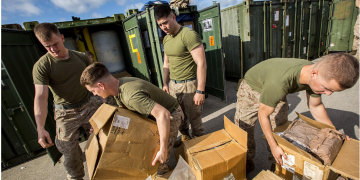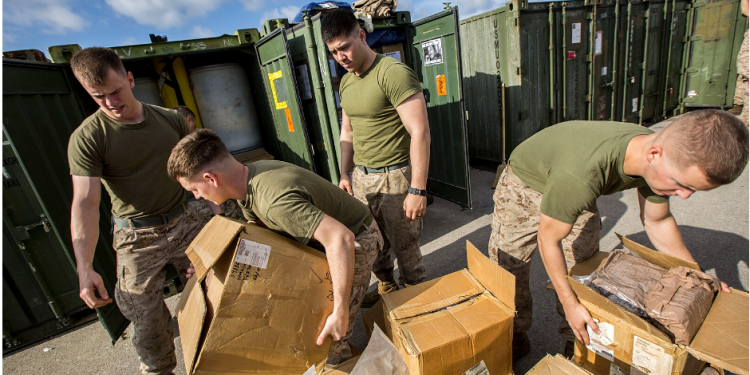In an unexpected shift, the U.S. Department of Defense has increased its reliance on commercial cargo carriers to transport military supplies and equipment, revealing growing weaknesses in the Pentagon’s logistics capabilities.
A recent internal review from the U.S. Transportation Command (USTRANSCOM) highlighted that the aging military cargo fleet, budget constraints, and a shortage of experienced mariners have severely impacted the military’s ability to move essential equipment across the globe.
With China aggressively expanding its naval power, maintaining robust and secure logistics operations has become a national security priority for the U.S. However, with budget cuts affecting the Department of Defense, many military transport missions are now being outsourced to private shipping companies.
Military analysts have warned that over-reliance on commercial shipping could pose a significant security risk. While commercial partners can provide cost-effective and efficient logistics solutions, there are concerns that foreign-owned cargo vessels—particularly those operated by companies from China and other geopolitical rivals—could pose security vulnerabilities in times of conflict.
In response, the Pentagon is exploring ways to strengthen its maritime fleet, including potential investments in U.S.-flagged cargo carriers and incentives to attract more trained mariners to work in military logistics.
The growing dependence on commercial shipping reflects broader challenges in military logistics and raises critical questions about the future of defense transportation capabilities in an increasingly unstable geopolitical landscape.























